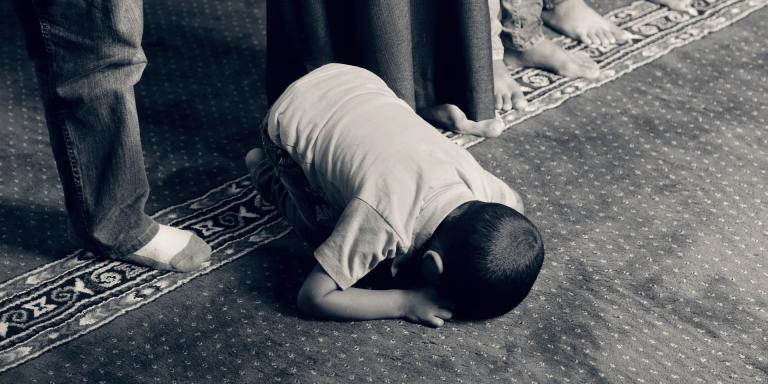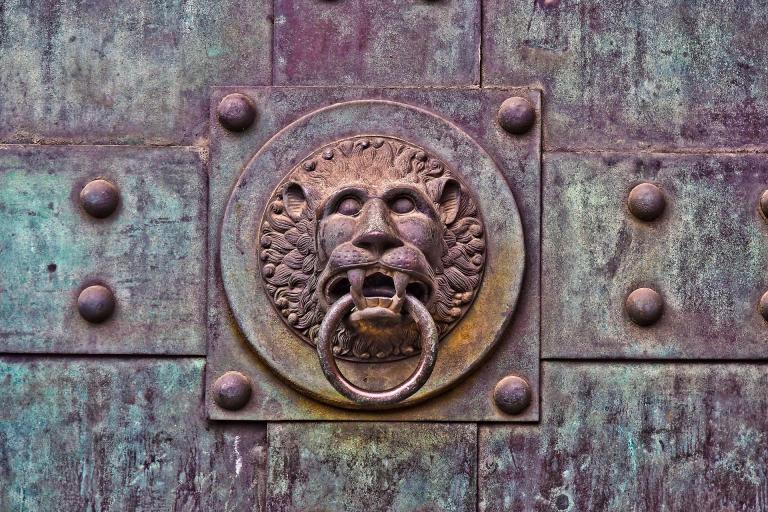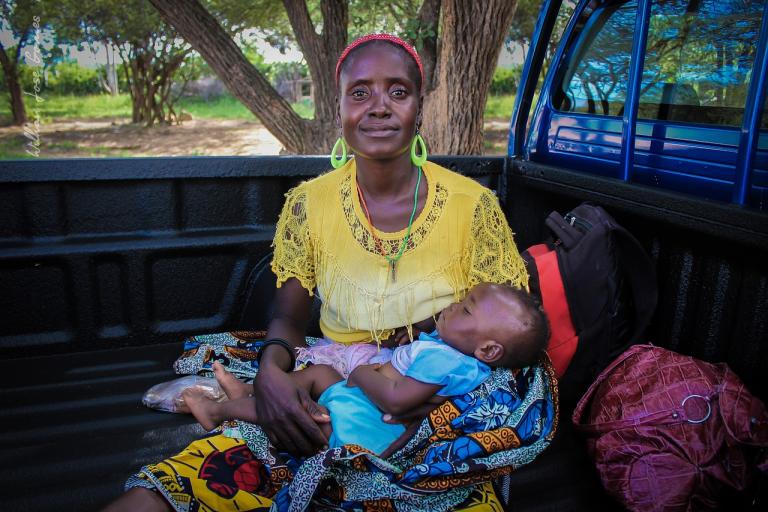One of the most frustrating things over the past couple of days has been watching leaders within the pro-life movement offering arguments for why, basically, we can ignore the statements that Pope Francis and the USCCB have made concerning the dangers of immigration policies informed by isolationism, nationalism and religious intolerance.
The problem is not that I think every casual statement made by a Pope or a Bishop’s council ought to have the stamp of law: there is definitely room for legitimate criticism and disagreement, especially with statements that are issued at lower levels of authority. My problem is the ease with which so many pro-life people seem to be able to ignore the fact that Trump’s immigration policies arise out of an ethic of fear and prejudice that is contrary to the Gospel, the teaching of the Church, and to the belief that all human life is sacred.
If you look at the full text of Trump’s recent executive order, the mindset that animates it is laid out in some detail in the first paragraphs. He references 9/11 and notes that the protocols of the State Department prevented adequate scrutiny of the visa applications of some of the men involved in that attack. Then he acknowledges that actually the system was changed after 9/11 to prevent that from happening again. But, he says, there are still “numerous” terror attacks being committed against US citizens by foreign nationals.
This last statement, it’s just not true. If you look at a graph of the terror attacks that have taken place on US soil over the last 20 years, you can easily see that the regulations put into place after 9/11 have reduced both the severity and the frequency of deadly attacks. (It should also be noted that the attacks listed include domestic terrorists.) In other words, the system is working quite well and Trump’s extraordinary measures to exclude immigrants, refugees and visitors to the US are not warranted by any actual national emergency. If Trump believes that the process would benefit from even greater refinements that may be just – but there’s no reason why such refinements can’t be implemented in a normal, non-disruptive way.
Trump’s executive order is worded in a way that implies a concern for all Americans, especially women, religious minorities, and even for sexual minorities. (The rich irony in this will be appreciated by my feminist and LGBTQ readers.) But the language of protecting Americans and offering sanctuary to foreign religious minorities is a very thin and rather transparent veneer over a program that is clearly targeting Muslims.
There is no suggestion of a need to protect Muslims as a religious minority in America – rather, it is the “religious minorities” (read, Christians) in the Middle East who are to be exempted from Trump’s exclusionary policies. When he says “the United States should not admit those who engage in acts of bigotry or hatred (including “honor” killings, other forms of violence against women, or the persecution of those who practice religions different from their own)” it’s really obvious that he is referring to Muslims, and that he’s drawing on Americans’ fears that Muslims might come over and start raping the women and mowing down the infidels.
Now, it is true that there are real issues that need to be discussed in terms of how to integrate Muslim immigrants into Western cultures so that you don’t end up with culture clash problems. However, having grown up in a neighbourhood with a very large Muslim population, I have to say that the fears are often overblown. The issues tend to be problems within the Muslim population itself – conflicts, for example, over the fact that Muslim women living in North America often wish to be treated with the same kind of dignity and respect as their neighbours, and that Muslim men are not always keen for this to happen.
The kind of “honor killings” which Trump references, for example, almost invariably occur within the family – and they are rare. The Canadian Justice Department reports a dozen known cases over a ten year period in Canada. This means that we’re talking about an absolutely trivial slice of the problem posed by domestic violence against women – a problem that occurs across all demographics. This doesn’t mean that honour killings don’t matter, but rather that they are poor excuse for banning entire populations from entry into the US. When you consider that women who are at risk of honour killing are substantially safer living in a country where the authorities are not sympathetic to this type of crime, the rhetoric of protecting women starts to look like a sick joke.
In other words, Trump is playing a 1984 type language game. He uses the language of protection for religious minorities in order to justify creating policies which will discriminate against one of the most vulnerable religious minorities in America. He uses the rhetoric of protecting women to justify refusing haven to women who are trying to get out of countries where they have very few rights.
This, however, is not the thing that troubles me most as a pro-life Catholic. Religious stereotyping and discrimination is always ugly, but it has an unfortunately long history in Christian tradition. Indefinitely suspending the US’s commitments to shelter Syrians left homeless by the biggest refugee crisis since World War II, however, is directly opposed to the principle that all life is sacred. We’ll talk about that next time.













